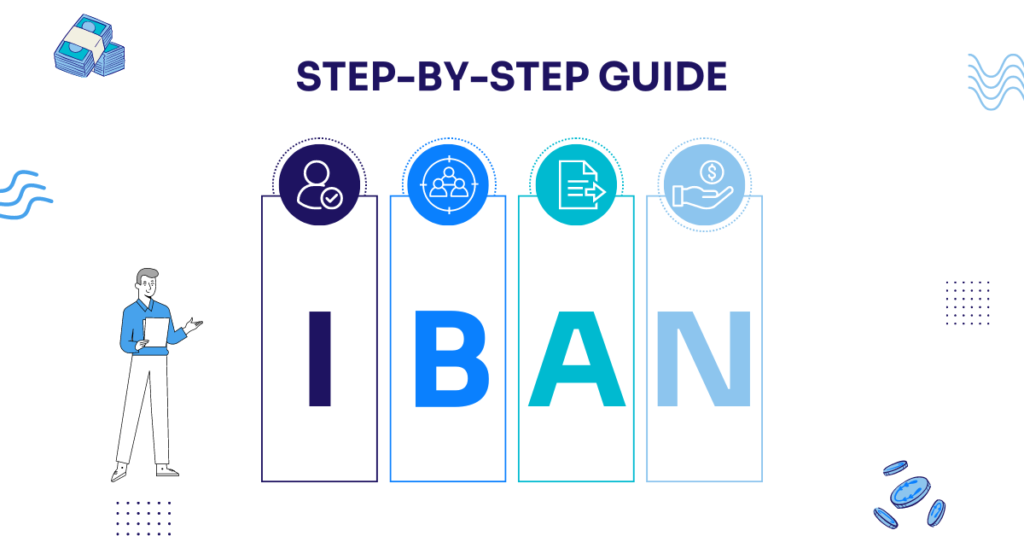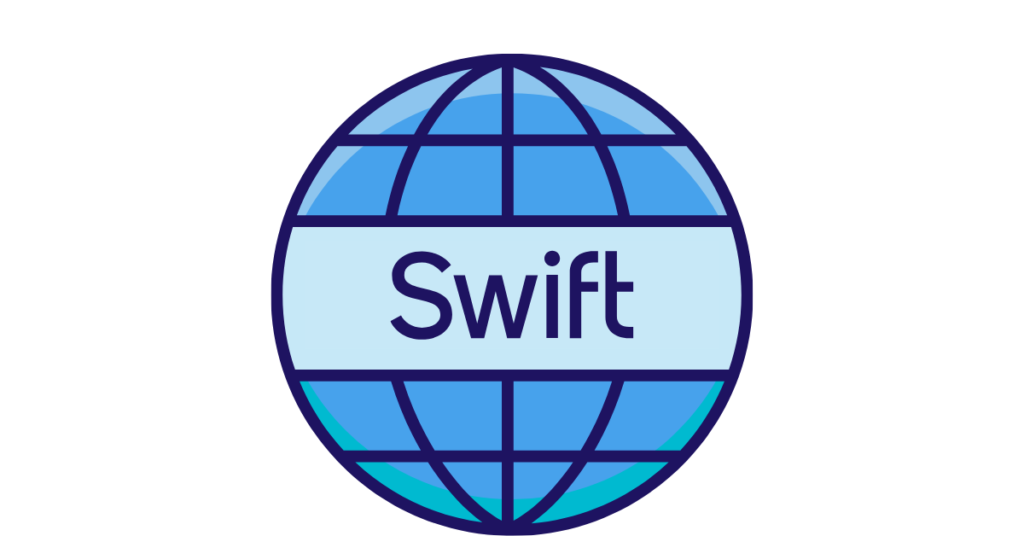The world has shrunk significantly and gotten much more close-knit. Moreover, one of the main benefits of globalisation is that doing business worldwide and sourcing goods and services from foreign suppliers has never been easier.
The sole issue? Every nation has a unique currency. Consider the scenario where you are the ultimate user of a US-based online store that only accepts USD as payment. However, in addition to the already hefty network and transaction fees, using your credit or debit card would require paying expensive conversion commissions from your currency.
Imagine a business that purchases goods from a Chinese source and requests payment in RMB. After that, this business sells the goods to a European customer who pays with euros. The problem is that this business frequently has to deal with several currencies.
Most businesses worldwide trade goods and services, so they must make payments in many currencies as efficiently as possible. Using a multi-currency account provided by Capitalixe, you can transfer and receive other currencies.
The operation of multi-currency accounts is comparable to that of UK business current accounts. These accounts have the additional advantage of operating in the currencies of your choice, accepting payments from customers and sending funds to suppliers (like pound sterling and US dollars or Chinese renminbi).
How is it going to handle transfers?
The three elements mentioned above are also present in multi-currency accounts (an exchange rate, transaction fee and a total transfer amount). Multi-currency accounts however, function in both exchange directions. One multi-currency account can be used to carry out any combination of the following:
- Add more sterling to your foreign currency account.
- Pay vendors with local money
- Allow customers to pay in their home currency
- Put your earnings back into British pounds or the currency of your choosing.
You can also trigger currency exchanges with some providers at convenient periods, whether you need to manage cash movement across accounts or want to take advantage of a favourable exchange rate that day.
What are the transfer fees?
The specific currencies being exchanged, the exchange rate determined by the transfer provider, and the transfer fee all affect how much a transfer will cost.
Transfer fees will be discussed first because they are straightforward. Each transaction is charged a set price known as a “transfer fee” to cover the expense of moving money from one place to another. Exchanges of currencies are one sort of transaction for which almost all transfer companies and banks charge fees.
Price disparities are crucial to take into account if your company wants to buy or sell items in other markets (such as Australia, the US, China, or other countries). You must educate yourself on how various national economies standards affect your revenue.
What is the duration of transfers?
With more popular currency combinations like the pound sterling and US dollars or euros being transferred on the same day, modern multi-currency payment processing can be very speedy. As a result, payments in less common currencies take longer. For example, payments to Australia or New Zealand could take up to 24 hours, while payments to India could take up to 4 days.
The total payment amount can also have an impact on how long the transfer takes, with higher payments leading to longer wait times because some banks perform checks prior to debiting or crediting accounts.
How many different currencies can one account support?
The definition of “multi-currency account” isn’t immediately obvious; exactly how many currencies does “multi” refer to?
Some high street banks require you to select just one currency to work with. Using British pounds as your base currency, for instance, whether you’re converting dollars or euros. Different accounts for each currency may be required by other conventional providers, which can slow down your transfer rates.
Instead, Capitalixe will help provide you with a multi-currency account, which will help users to transact in up to 40+ different local currencies simultaneously and convert any one currency into others using a single International Collections Account.
How does processing payments in multi-currencies work?
Different currencies around the world have varying values. For instance, because US dollars are less valuable than pounds, one US dollar does not have the same purchasing power as one British pound. This implies that US consumers wishing too purchase UK goods must pay more dollars for a good or service. Consumers in the UK, however, pay less money to import items from the US.
If you’ve ever gone on vacation and had to convert your British pounds for other money, like euros or dollars, you may be somewhat familiar with this occurrence. For every £1 you pay, your money is changed at a specific rate, which is roughly €1.10 or $1.25. The exchange rate refers to the variation in these values.
The supply of one currency compared to another, the stability of each government and economy, the trade balance between each country, and other factors all have an impact on how much two currencies will exchange.
You might even observe that some currencies values stay constant for a limited time as central banks try to counteract market forces by limiting the use of their country’s currency. Sadly, prices are always fluctuating because there are so many factors influencing the value of currencies, which makes it challenging to make overseas payments.
To reduce the impact of changing currency values on their overseas payments, firms use currency transfer services. Three factors are used by providers of multi-currency payment processing to calculate transaction values:
The exchange rate Is the rate that two currencies are exchanged for (according to the transfer provider). The cost that transfer providers charge for enabling the transaction is known as the transaction fee.
The transfer amount is the entire sum of money your company pays, broken down into two parts: the transaction fee paid to the service provider and the amount that is delivered to the receiver based on the current exchange rate.
To ensure that the correct amount of money reaches the receiver free from market swings, transfer providers apply an exchange rate that is only a little bit higher than the global market rate. Additionally, transfer providers charge fees for their services. These costs could be fixed or based on a % of the whole transaction value.
What are the primary advantages of multi-currency accounts?
Now that we’ve covered their fundamentals let’s discuss the advantages of multi currency accounts for businesses. You might want to read this article or another one if you’re interested in learning more about the benefits from a personal standpoint, such as money sent to friends or used for travel.
Payments are frequently sent and received in large volumes by businesses. Therefore, a foreign currency account is unquestionably something to consider if you want to maximise your overseas payments.
Which companies stand to gain from multi currency accounts?
When a company makes and receives payments in multiple foreign currencies, multi currency accounts assist save time, money, and effort. Therefore, having a multi currency account is advantageous for any international firm working with various currencies.
For instance, Capitalixe can provide a multi currency account enables businesses to conveniently handle 40+ currencies via an online platform, including US dollars, British pounds, Euros, and Hong Kong dollars.
The advantage of a multi-currency account is:
- The company engages in worldwide trade, whether it be by exporting, importing, or both. In addition, they have an online store where they sell items and services in different currencies.
- They operate with freelancers or employ personnel abroad, which necessitates moving funds abroad.
- They regularly work with clients from all over the world as independent contractors or freelancers who pay.
What advantages do firms receive from having a multi-currency account?
Some advantages are plain to see and simple to understand. Others call for knowledge of how foreign exchange (FX) markets operate. The five main benefits of managing a multi currency account are listed below, based on the rising level of FX complexity:
Give your clients a single bank account number
The days of communicating various account information for each foreign currency are long gone. Instead, use the exact account details for all the currencies you hold in your account to save your consumers the effort.
Reduce time spent on accounting and reconciling
Your month-end accounting is made much simpler with a multi currency account. Due to the flexibility to generate invoices in one currency and receive payments in that same currency, you will spend no time reconciling. In addition, fewer accounting adjustments are needed to account for the exchange rate difference.
Save money on currency conversion fees
Let’s say your business only has one currency account, which can only hold your local currency. Now that a client has made a payment in another currency—say, the US dollar—your bank will exchange it into your local currency, say the Hong Kong dollar, and deposit the money into your account.
When converting these monies, your bank will also tack on a large FX cost. These charges can mount up rather rapidly for a company that gets a lot of payments in foreign currencies.
Avoiding the payment of currency exchange commissions is one of the main benefits of a multi currency account. Without the need for currency translation, money received to your company in one currency is credited to your account (assuming, of course, that this currency is one of those accommodated by your multi currency account).
Trading currencies at the appropriate moment
A multi currency account makes it simple to transfer funds between multiple currencies. Even if being an FX trader is not your goal, it allows you to buy and sell currencies at advantageous exchange rates.
It’s helpful to know that banks often don’t charge for these intra-account transfers if you decide to open a savings account in a foreign currency, whether a call or time deposit account, you will also be able to receive interest on the money credited following the interest rate provided by your bank.
In this instance, it’s crucial to remember that higher interest rates also entail bigger dangers. So only use this service if you are willing to assume the risks involved.
Learn about FX forward contracts to keep your customers satisfied
Do you have experience with foreign customers that insisted on paying you in their currency? You will prefer to have them pay you in your local currency rather than theirs.
It should be no surprise that neither you nor your clients want to subject their company to foreign exchange risk. Therefore, the first step toward a solution might be having one account that can contain several currencies.
If your multi currency account supports it, allow your client to pay you in their home currency. You still haven’t eliminated the foreign exchange risk at this stage because you have money in your account in the currencies of your clients.
Your risk does not arise right away, nevertheless. It will only happen if you exchange your customers’ money for another at a time when the foreign exchange rate is unfavourable. Consider using FX future contracts to reduce this possible foreign exchange risk.
These contracts allow you to lock in the future foreign exchange rate at which you will convert your client’s currency and the markup used by the financial institution for a modest fee.
In conclusion, combining the benefits of a multi currency account with FX forward contracts may help maintain a positive relationship with your clients.
Conclusion
From all the above information, it becomes evident that multi currency accounts play a vital role in the business sector. Especially if you are making international transactions, it becomes even more critical. To carry out this process systematically, Capitalixe offers cutting-edge fintech solutions to business and institutional clients worldwide, thanks to our connections with numerous top financial institutions, global banks and international payment processors.
Therefore, you can connect with us today for a free consultation to get the help you are looking for.






